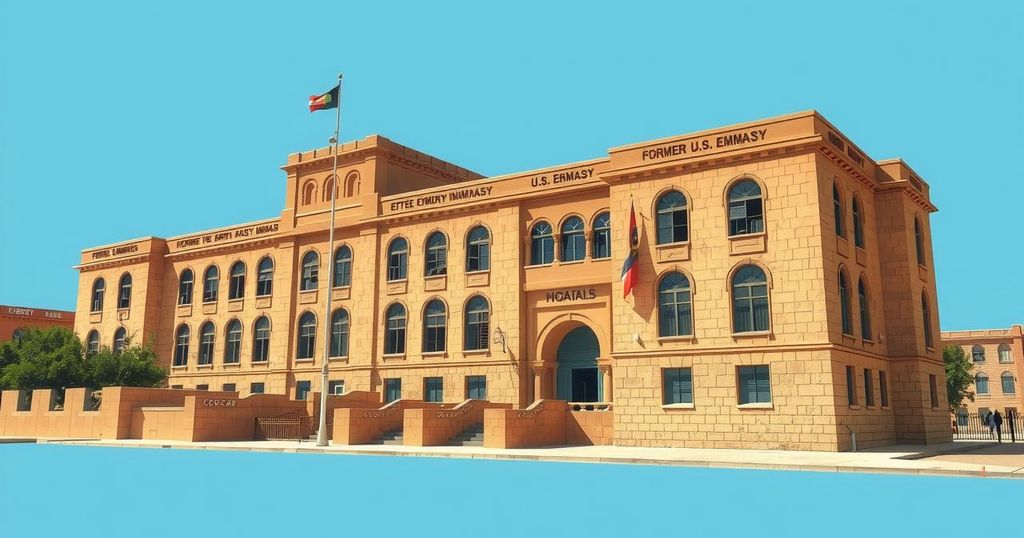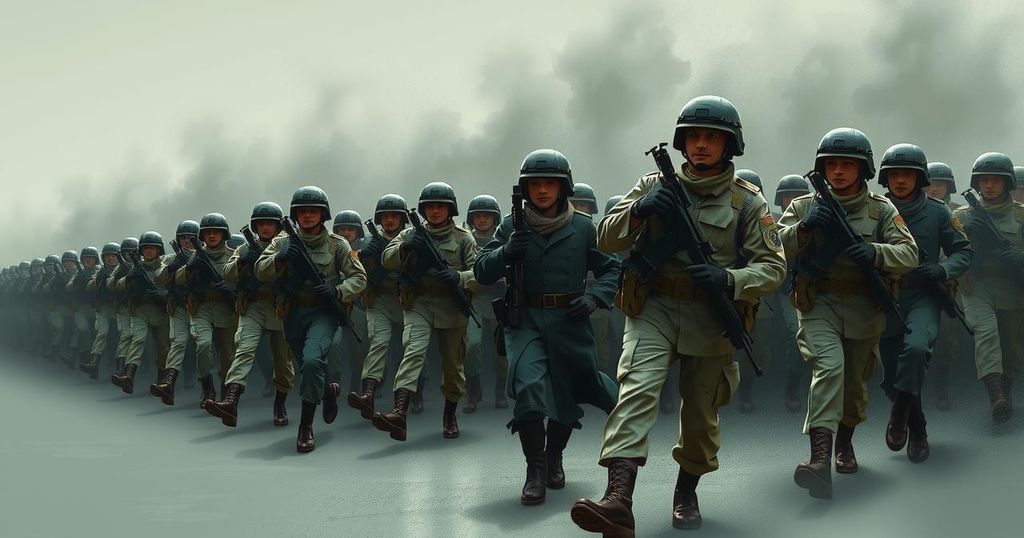Politics
AL - FUNDUQ, ASIA, BE, BENJAMIN NETANYAHU, BEZALEL SMOTRICH, BIDEN, CONFLICT, DOHA, DONALD TRUMP, ELISE STEFANIK, FOREIGN MINISTRY, GAZA, GAZA STRIP, HAMAS, HOSTAGE NEGOTIATIONS, HUMANITARIAN CRISIS, IRON WALL, ISRAEL, ISRAEL DEFENSE FORCES, IT, ITAMAR BEN GVIR, JENIN, MAGE, MAJ, MAJED AL - ANSARI, MIDDLE EAST CONFLICT, NET, NETANYAHU, NEW YORK, NORTH AMERICA, PALESTINIAN ISLAMIC JIHAD, QATAR, RAMALLAH, SENATE, TEL AVIV, TRUMP, UNITED NATIONS, UNITED STATES, WEST BANK
Dante Raeburn
Israeli Military Operation in Jenin Leads to Casualties Amid Heightened Tensions
A major Israeli military operation in Jenin left 10 dead and 40 injured, while settler violence resulted in additional injuries. Former President Trump lifted sanctions against Israeli settlers, and Rep. Elise Stefanik voiced support for annexation policies. Meanwhile, humanitarian aid to Gaza is increasing, but the hostilities and the broader geopolitical implications of U.S. foreign policy remain a concern.
On Tuesday, a significant Israeli military operation in Jenin resulted in the deaths of at least 10 individuals and left around 40 injured, as reported by the Palestinian Health Ministry in Ramallah. Israeli Prime Minister Benjamin Netanyahu characterized the operation, dubbed “Iron Wall,” as extensive and significant. Meanwhile, settler attacks overnight in two Palestinian villages injured 21 additional Palestinians, with incidents involving arson and assaults on local security forces.
Former President Donald Trump recently lifted sanctions previously imposed by the Biden administration on Israeli settlers accused of violence against Palestinians in the West Bank. In a Senate confirmation hearing, Elise Stefanik, Trump’s U.N. ambassador nominee, expressed alignment with far-right members of Netanyahu’s government, asserting Israel’s biblical claim to the entire West Bank while indicating her support for annexation proposals.
In Gaza, preparations for a more complex negotiation phase regarding the ceasefire are ongoing, according to Qatari officials. The Palestinian Islamic Jihad announced plans to release several Israeli prisoners soon as part of the ceasefire agreement, with further exchanges scheduled for Saturday. Despite ongoing humanitarian aid into the region, approximately 57 hostages are reported to remain in Gaza, with Israel’s estimates remaining unclear.
A stabbing incident in Tel Aviv resulted in four people sustaining injuries; the attacker was subsequently killed by police. Hamas and Palestinian Islamic Jihad commended the act, suggesting a broader implication where they viewed it as a retaliatory measure. Meanwhile, humanitarian assistance to Gaza continues to increase, with 897 trucks delivering crucial supplies as prioritized by the U.N. Office for the Coordination of Humanitarian Affairs.
In a Senate session, Rep. Stefanik addressed the need for reform within the U.N., highlighting perceived antisemitism and promoting alignment of the global organization with American interests. Historical resolutions within the U.N. criticizing Israel for its actions in Palestinian territories have often faced U.S. vetoes, showcasing a long-standing tension in international relations associated with the conflict.
Internally, Google has been facilitating enhanced access to its AI technology for Israel’s military following the Hamas attack. Documents revealed that after pressure from the Israeli Defense Ministry, Google escalated support to ensure Israel’s technological advantage over rival companies. Previous employee protests intended to curb such support indicate a complex relationship between technology firms and military engagements in conflict zones.
The ongoing conflict in the Middle East, particularly between Israel and Palestine, has been characterized by significant military operations, geopolitical maneuvering, and humanitarian crises. Recently, the situation escalated with an Israeli military operation in Jenin leading to casualties while settler violence heightened tensions in the region. The implications of U.S. foreign policy and support towards Israel further complicate international responses to ongoing Palestinian grievances, with calls for reform within institutions like the U.N. gaining prominence amidst increasing militarization.
The current events in the Israeli-Palestinian conflict underscore an urgent need for dialogue and humanitarian intervention as escalating violence and military operations have resulted in numerous casualties and ongoing suffering. Amidst calls for political alignment and reform, the international community faces pressing decisions regarding their support and involvement in the region’s future. The dynamics surrounding ceasefires, hostages, and international interventions will continue to shape the landscape of the conflict.
Original Source: www.washingtonpost.com








Post Comment